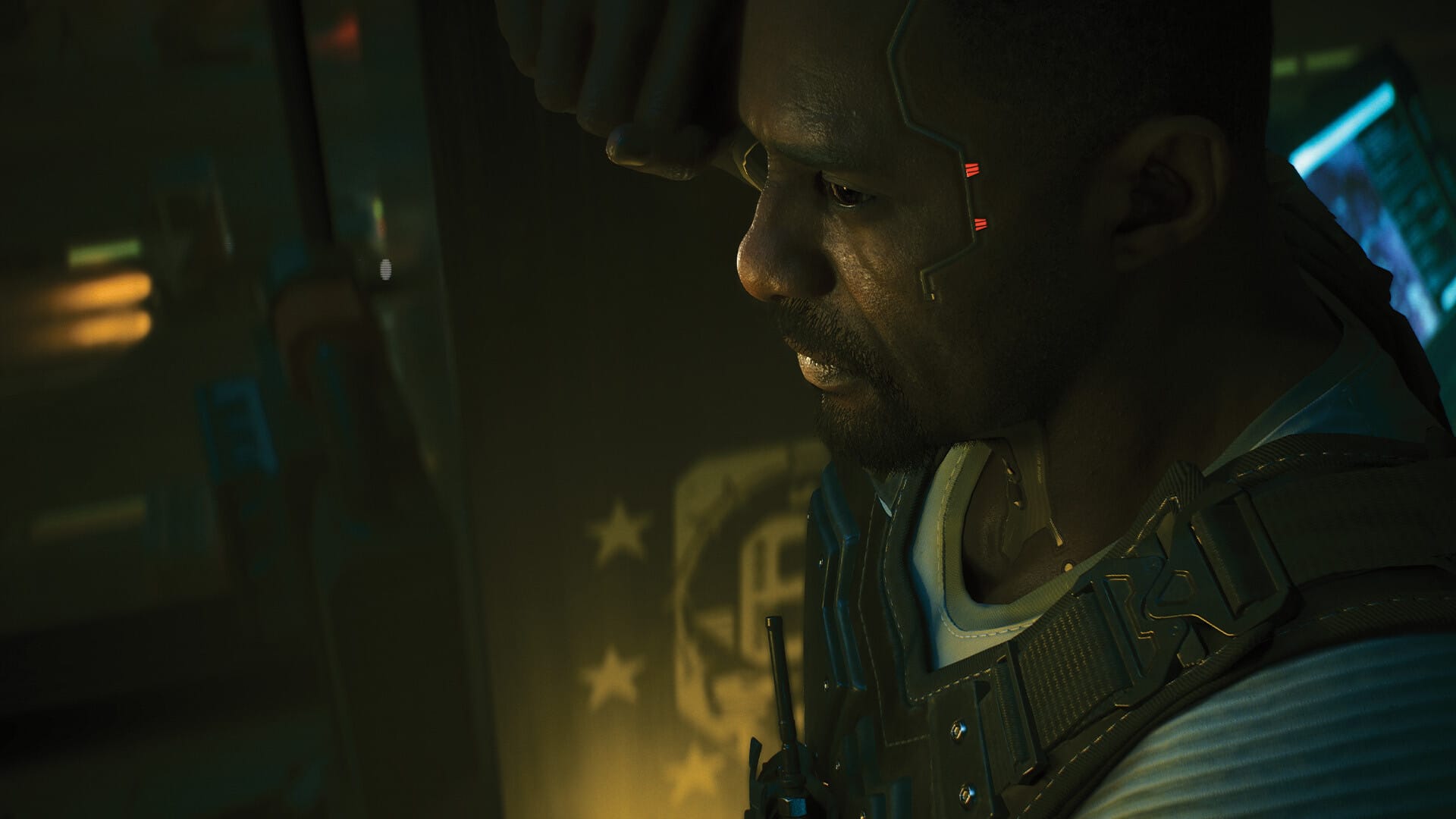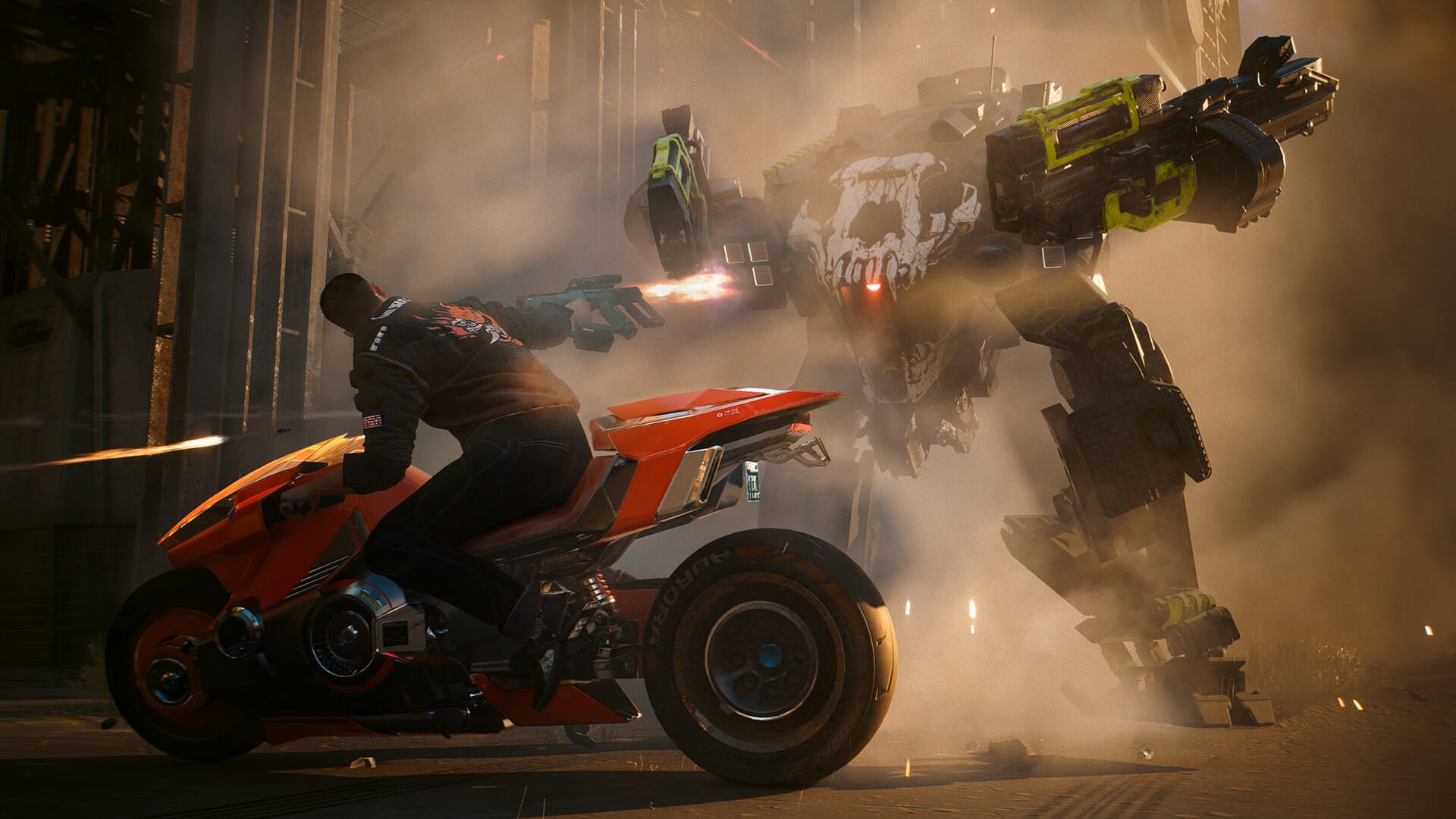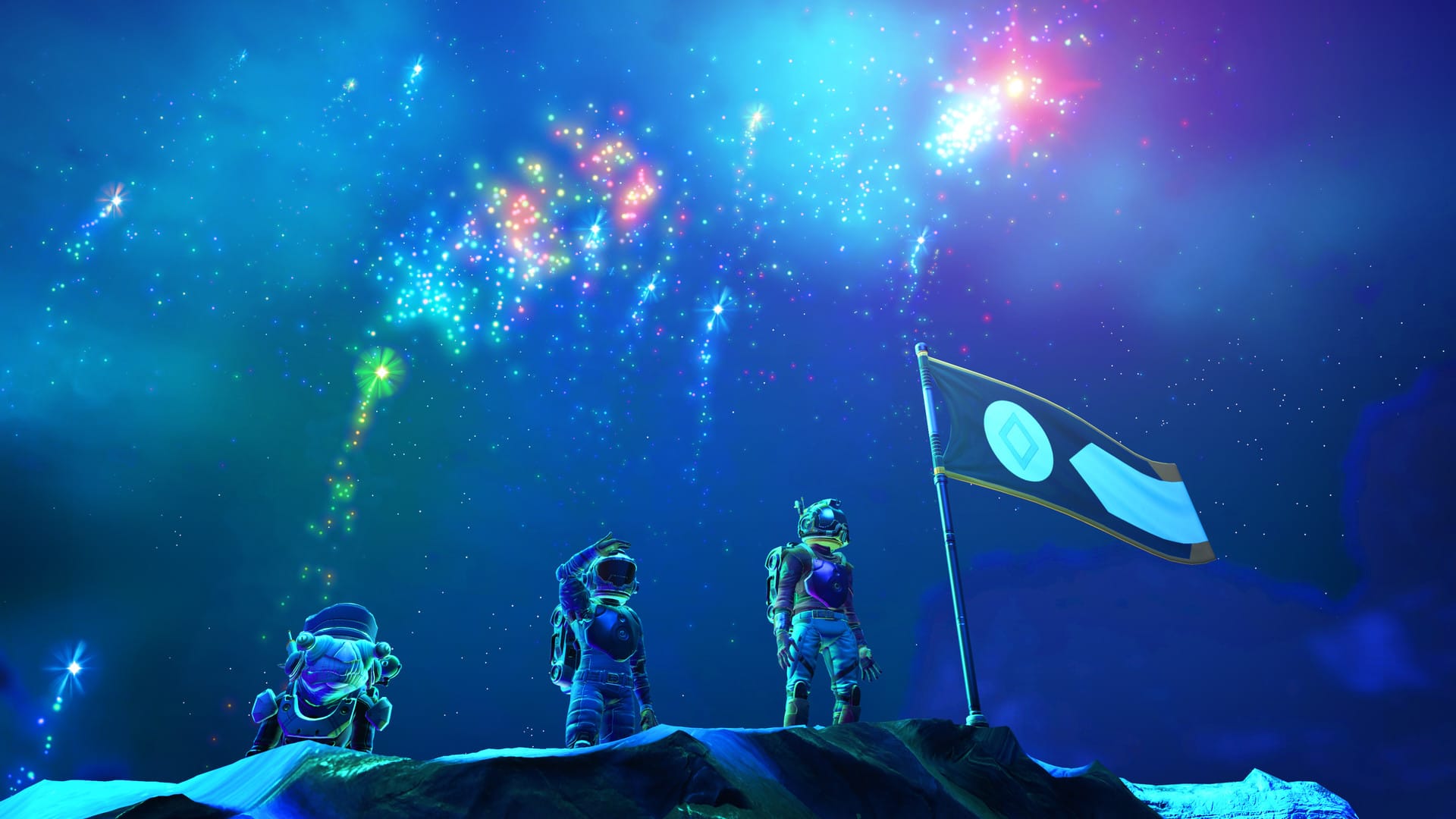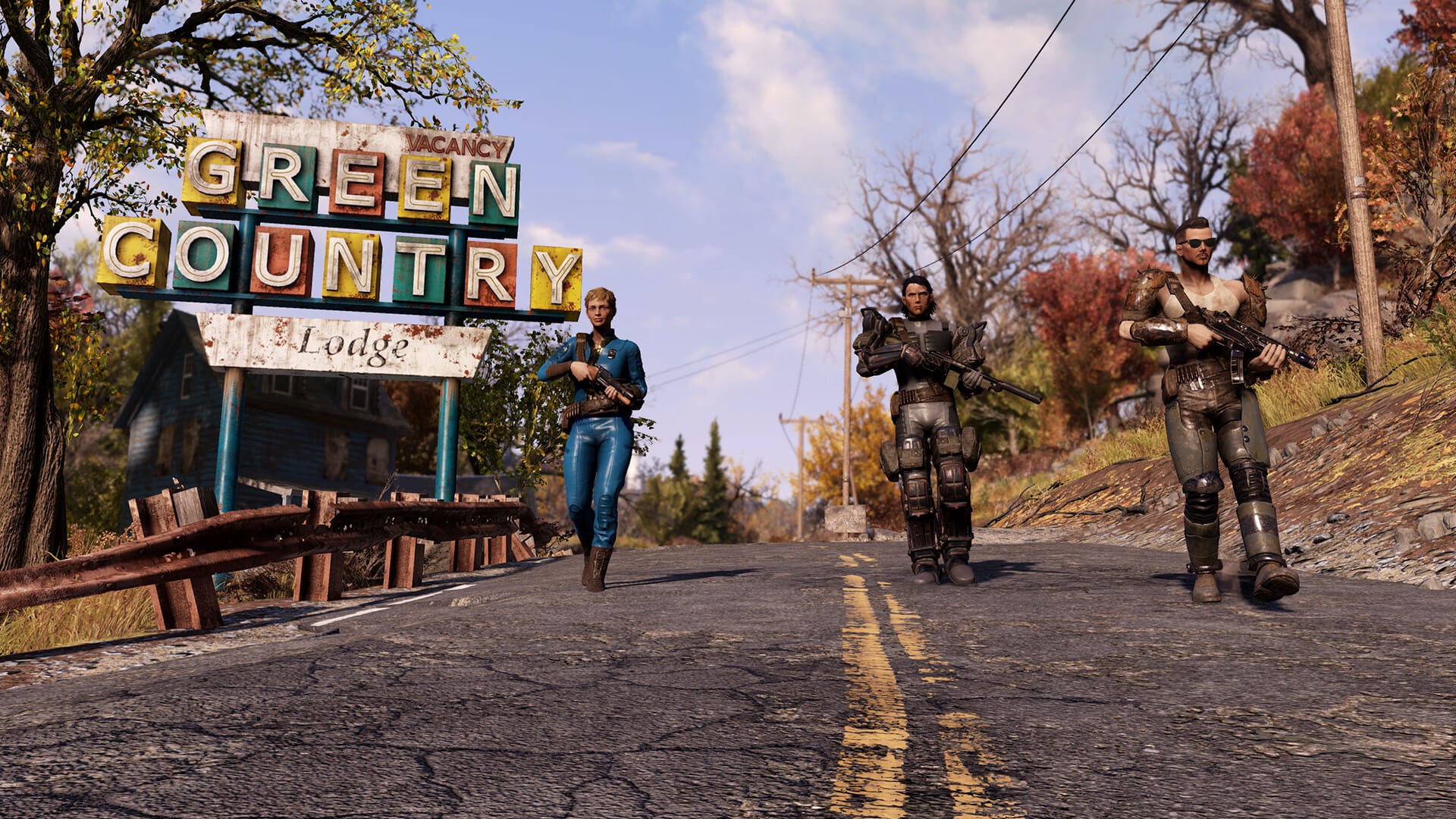How Should We Think About Game Dev Redemption Arcs?
How do we judge games that released broken, but became great?

The AAA games industry is currently experiencing a precarious state of flux. It's become commonplace for the largest and most costly gaming experiences in the world to release in a rough, buggy, and oftentimes broken state. Despite the price tag steadily increasing for consumers, it's become more surprising when a game releases without a day-one patch than when you boot it up and immediately have to wait for an update to fix bugs reported on day one. This has become such a norm in our gaming culture that it's almost unfathomable to think that, less than twenty years ago, most games hit the shelf finished and ready to play. That's not to say that games didn't have problems – they most certainly did – but addressing those problems was a lot more costly. When games were only available physically, publishers would have to physically recall games from store shelves, print new versions of the revised game, and restock them in stores. Obviously, this was less than ideal, so it was in a developer and a publisher's best interest to make sure a game was completely functional before shipping it for distribution.
This is no longer the case, and there is no better of an example of this than 2020's infamous Cyberpunk 2077.
Cyberpunk 2077 was one of the most high-profile failures gaming had ever seen up to that point, with the state of the game being mired in controversy and well-deserved anger. To call Cyberpunk 2077 buggy would be doing the true state of this AAA title a disservice. Upon launch, it was nigh-unplayable. It got so bad that Sony decided to pull Cyberpunk 2077 off of its online storefront less than a week after it released, an unprecedented move that sent shock waves throughout the industry. While it's hard to believe it's been nearly half a decade since Cyberpunk 2077 released, the legacy of its botched launch will be remembered for generations to come as a checklist of what not to do before your game is unleashed on the public.
Or will it?
Lately, if you look into the quality of Cyberpunk 2077, you'll be told a very different story than you would have heard a few years ago. The majority of online discourse has shifted from demeaning the game's buggy, broken, laughable beginnings to high praise for the game's immersive, living world, and intriguing, deep missions. Phantom Liberty, Cyberpunk 2077's massive DLC, went so far as to win multiple awards, cementing itself as one of some of the best downloadable content ever released. This puts consumers in a bit of a precarious position when it comes to actually critiquing a product in the game's industry these days; should you hold a game accountable its initial release, or should you judge it by the penultimate product it becomes? It's a difficult question with no immediate answer.

Cyberpunk 2077 isn't the only game to walk this questionable line.
No Man's Sky, Fallout 76, Final Fantasy XIV: these were all massive releases with tons of hype that just failed to deliver when players initially got their hands on them. Since then, all of these games have been updated and patched into completely unrecognizable experiences, representing years of continuous work culminating into something that not only lives up to players' expectations, but often surpasses them.
Some of these games certainly handled things better than others, however.
No Man's Sky took a little while to come around, but eventually addressed the well-deserved criticism and made continuous free updates to craft something more akin to their release promises. Fallout 76 took a more devious route, adding microtransactions and paywalling content before rectifying the core problems with the experience. Final Fantasy XIV is a whole different beast, with Square Enix deciding to disconnect the game from the servers temporarily in order to relaunch it in a completely reworked and renewed state, now titled A Realm Reborn. The relaunch was met with near-unanimous praise, revitalizing Final Fantasy XIV, allowing it to climb to one of the biggest MMOs in the world.

Therein lies the most important aspect of our current situation: how a company handles the fallout (no pun intended) of their botched launch.
The unfortunate reality is that AAA gaming is moving at a breakneck pace and costs an exorbitant amount of money. When projects can cost as much as Firewalk Studio's doomed hero shooter Concord (coming in at a potential eye-watering $400 million development cost,) developers and publishers aren't afforded the luxury of another year in the oven. At this point, a few delays are inevitable, with developers posting a generic apology jpeg to social media meme due to how commonly it occurs. Shareholders only have so much patience however, so eventually the game has to come out, whether it's ready or not. The investors want to see a return on that investment, and the quality of the product doesn't matter nearly as much as whether or not they can make their money back.
This doesn't excuse the shoddy and broken state these games come out in, however.
Empathy is warranted for the developers just doing their jobs, staring down crunch and struggling against impossible deadlines. Working under impossible conditions, while simultaneously crafting outstanding products, is difficult at the best of times, but woe unto those developers who are asked to complete unattainable goals in such an unrealistic time frame. The developers unfortunately tend to be the target for the ire of the consumer base, when ultimately these problems trickle down from the top. Be it mismanagement, poor financial planning, or over promising to investors, many issues plaguing a game's release are out of the developer's controls. Game development is incredibly difficult, and the larger the experience the harder it gets to perfect, but it is still a product being promised to customers. Quality control is extremely important to retain trust and keep your validity as a developer and/or publisher.

So this brings us back to the initial question: how do we judge games that released broken, but became great?
To say that these games have no merit, or that the work that was put into them post launch amounts to nothing, seems to be too simple an answer. Many of these games – not least of all the aforementioned Cyberpunk 2077 – have gone on to be some of gaming's greatest and more revered games of all time. Without the patience of players (in conjunction with a whole lot of money from their respective developers and publishers), we wouldn't have these incredibly impressive experience to grace our memories with. At the same time, the idea of completely dismissing the total failure from these companies to deliver their promised product when they say they will is a metaphorical continuous middle finger to the companys' biggest supporters. It goes beyond financial distrust and inconvenience and barrels straight into the territory of straight disrespect for those who are the most excited for a new game.
Therefore the answer is, disappointingly, probably somewhere in the middle.
No matter how good a game becomes, it seems that the people who were burned by its initial release never quite forget and struggle to forgive, even if they go on to enjoy the game post-redemption arc. Their names will forever bare the taint of disrespect on them, and no matter what they do, it will seemingly stick to them like tar. That is where the answer lies: forgive, but never forget.
Enjoy these games for what they've become and allow yourself satisfaction while playing them, especially since most of them are far from full priced by the time they're actually worth playing. Just never forget that these companies, the larger ones in particular, care far more about your money than they do about your satisfaction with the experience they crafted.
While you shouldn't let the stickiness of the tar deter you from immersing yourself in these wonderful games, the discomfort of the tackiness on your hands should be a constant reminder that they are marred by the greed and pettiness of the AAA games industry as a whole.
